Now Reading: Best Places to Visiting in Kolasib – Serene Rivers, Dams & Cultural Delights
-
01
Best Places to Visiting in Kolasib – Serene Rivers, Dams & Cultural Delights
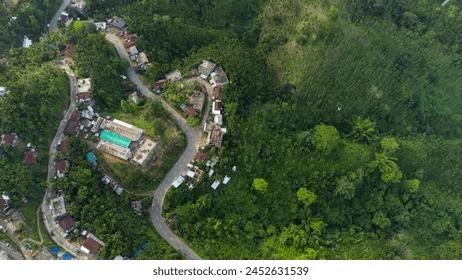
Best Places to Visiting in Kolasib – Serene Rivers, Dams & Cultural Delights
1.Serlui ‘B’ Dam

Several kilometers north of Bilkhawthlir village in Mizoram’s hills the Serlui ‘B’ Dam presents itself as a model for environmentally friendly development coupled with renewable power generation. The Serlui River hosts this essential regional infrastructure which exists 12 kilometers from Bilkhawthlir village in Kolasib District.
The building process for the Serlui ‘B’ Dam started in 2003 to transform the river power into electricity. The power station located within the facility draws its energy from the hydroelectric potential while serving as both gravity and earthfill type dam. The project received its funding from two public enterprises that included Bharat Heavy Electricals Ltd. (BHEL) and Metallurgical & Electrical Consultant India Ltd. (MECON).
The construction timeline for the project finished in 2009 but technical problems with leakages prevented the hydel power station from launching. The dam started supplying green and reliable electricity to Mizoram after its resolution process was finished.
Serlui ‘B’ Dam serves dual purposes as a power plant and fishes as a significant culture facility. The initiation of the region’s aquaculture development started in 2009 with the release of lakhs of fish into the reservoir. The reservoir reservoir’s tranquil water has developed into a flourishing aquatic environment which contributes to community growth and attracts nature-oriented tourists.
2.Tuirial Dam

Settled near the peaceful town of Kolasib in the northern state of Mizoram, the Tuirial Dam has become a befitting hallmark of progress and sustainable growth. This impressive edifice is all the impressive feat of engineering but is also indispensable source of clean energy for the local area.
The Tuirial Hydroelectric Project was taken up to tap the potential of the mighty Tuirial River and make available a reliable source of power to Mizoram. The dam is combination of earthfill and gravity types of construction, thereby giving proper strength and economic construction at the same time.
This project has significant importance as this is first major hydroelectric project in Mizoram, adding to the energy independence of the State, and lowering dependence on non renewable energy source.
Significance
- Renewable energy: The project assesses clean and renewable energy, augmenting path towards reduced carbon emissions.
- Regional Development: With a dependable source of electricity, there is the development of activities and infrastructure in Mizoram.
- Job Opportunities: Construction and operation of the dam supplied employment and helped the surrounding communities.
3.Bak Puk Cave

A cave of untold mysteries exists in the peaceful town of Kolasib which has transformed into a local legend for the local population of Mizoram. The natural wonder Bak Puk Cave goes by two names as Tui Lut exists within the little-known Project Veng region of the town.
The distinctive entrance to Bak Puk Cave resembles a sinkhole instead of typical cave opening because it is narrow and vertical. The distinctive cave opening functions to gather monsoon rainwater as it sinks into underground depths. Although it consumes large amounts of water there exists no known exit from the subterranean system.
From the surface entrance the tunnel evolves into expansive chambers which nature has sculpted into magnificent rock sculptures and profound still pools formed during thousands of years. No expedition team has discovered some of these hidden pools because the cave remains elusive combined with insufficient equipment.
British people believe their entire town Kolasib is submerged beneath a huge concealed subterranean reservoir hidden beneath the surface. People tend to experience both excitement and unease thinking about the hidden mysteries below the ground’s surface.
Bak Puk Cave functions as an elemental example that nature preserves many hidden aspects which remain unknown to us. Future investigations including potential scientific research at the location might eventually reveal its hidden secrets.
A person interested in any combination of natural beauty and historical mystery should add this location to their adventure plan. The hidden wonders of Bak Puk Cave keep its secrets within the earth until comprehensive exploration of the site takes place. At present it maintains its rank as Mizoram’s most mysterious natural wonder.
Related articles : Top 5 Best Places to Visiting in Champhai – Lakes, Caves & Cultural Gems
Stay Informed With the Latest & Most Important News
Previous Post
Next Post
-
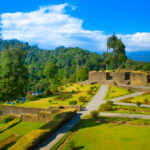 01Top 5 Best Places Visiting in Gyalshing – Monasteries, Lakes & Scenic Escapes
01Top 5 Best Places Visiting in Gyalshing – Monasteries, Lakes & Scenic Escapes -
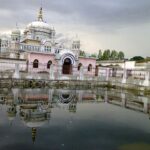 02Top 5 Best Places Visiting in Panna – Temples, Waterfalls & Wildlife Escapes
02Top 5 Best Places Visiting in Panna – Temples, Waterfalls & Wildlife Escapes -
 03Top 5 Best Places to Visit in Malerkotla – Malerkotla Fort, Sheesh Mahal & More
03Top 5 Best Places to Visit in Malerkotla – Malerkotla Fort, Sheesh Mahal & More -
 04Top 10 Best Places Visiting in Dakshina Kannad for Culture, Nature & Coastal Charm
04Top 10 Best Places Visiting in Dakshina Kannad for Culture, Nature & Coastal Charm -
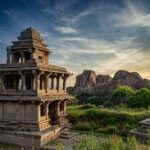 05Top 2 Best Places Visiting in Chitradurga for History, Nature & Adventure
05Top 2 Best Places Visiting in Chitradurga for History, Nature & Adventure -
 06Best Places Visiting in Shopian – Explore Top Attractions & Hidden Gems
06Best Places Visiting in Shopian – Explore Top Attractions & Hidden Gems -
 07Best Places Visiting in Narmadapuram – Temples, Waterfalls & Wildlife Escapes
07Best Places Visiting in Narmadapuram – Temples, Waterfalls & Wildlife Escapes












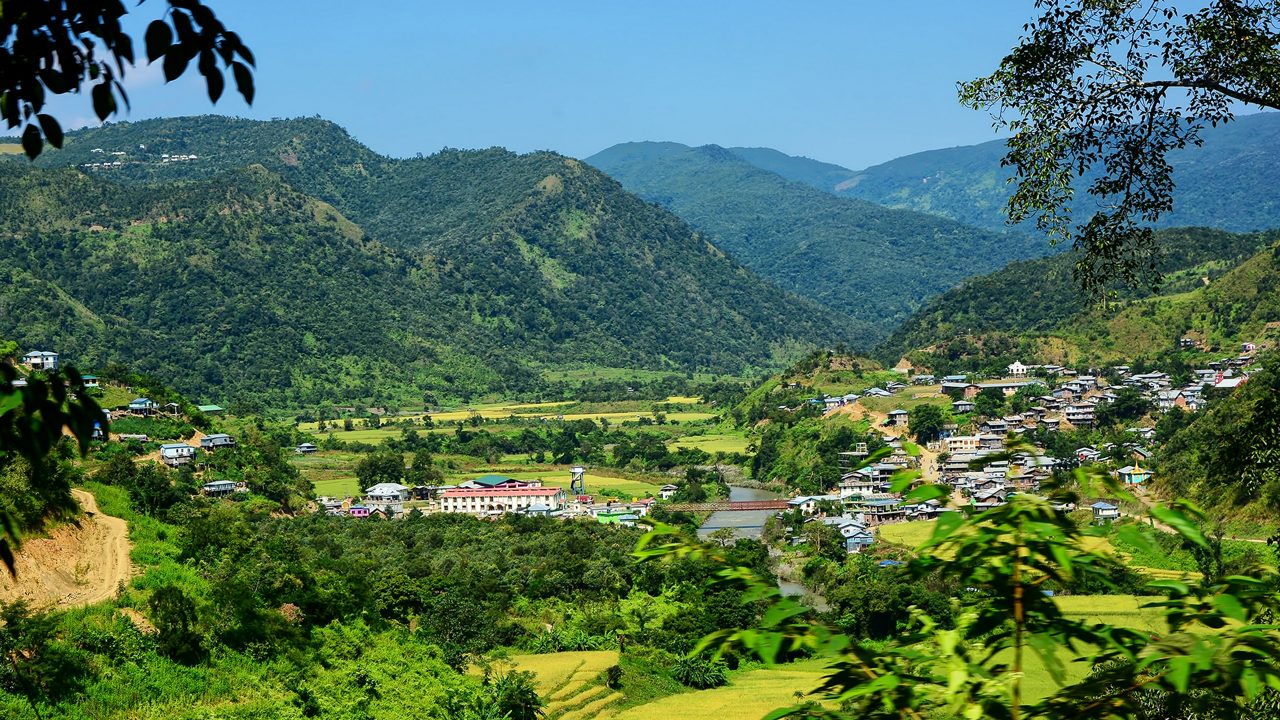
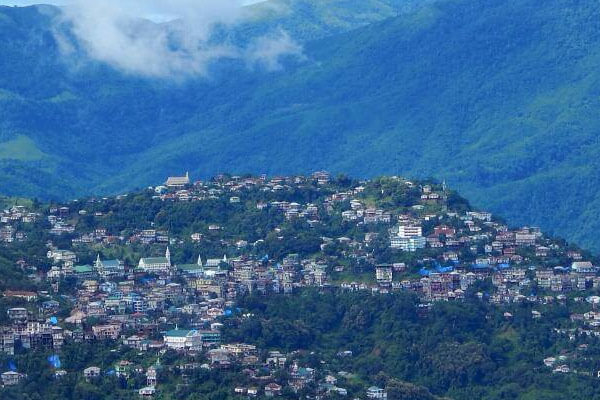
Pingback: Best Places to Visiting in Lawngtlai – Ngengpui Sanctuary, Nghasih Cave & More